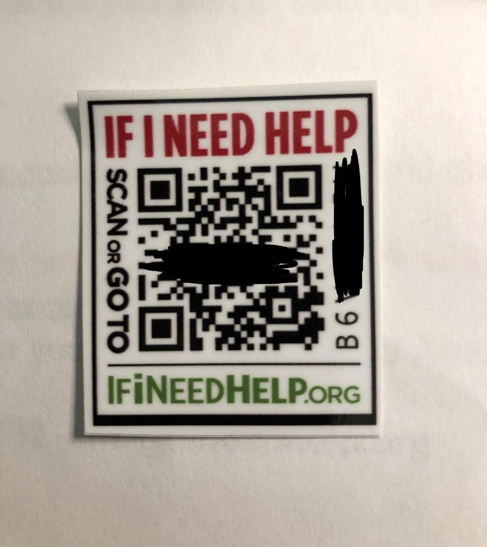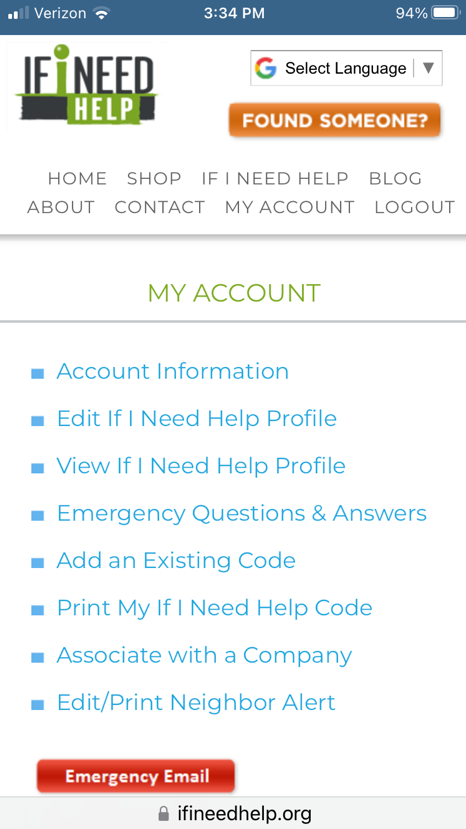Written By Katherine Swarts
Read Time 3 Minutes
No exaggeration: Googling “family travel horror stories” will get you over 100 million results. If there’s a foolproof method for getting a whole household into the next state or through an airport without a glitch, no one has discovered it yet. Misplaced luggage. “Aren’t we there yet?” whining. Overbooked hotels. Eagerly anticipated events that turn out to have no space left. Running out of snacks and low on gas, sixty miles from the nearest town. Kids screaming over fatigue, disappointments, and favorite toys left behind because everybody thought someone else had packed them. Parents arguing over who was responsible for suggesting this stupid trip in the first place.
When Someone Has Special Needs
Your own worries may be worse than squabbling or airsickness. Millions of households have at least one member whose special needs raise more serious concerns:
- Maneuvering a wheelchair through the airport
- Keeping track of multiple medicine bottles, doses, and schedules
- The possibility of exposing an immunocompromised family member to strangers carrying strange germs
- Coping with extra-sensitive or meltdown-prone children in high-stimulation environments
- Keeping an eye on someone who is prone to wander due to mental problems
There’s no need to deprive anybody of the positive aspects of travel, but you do have to plan more carefully than the average household.
Beware “Things Will Work Out” Thinking
It’s happened to just about everybody: you were offered what seemed a dream trip/opportunity/relationship, and it looked so perfect in theory that you either brushed off foreseeable problems or failed even to consider them. And you wound up wondering how you ever could have thought this was a good idea.
Whatever situations you find challenging at home—a child’s hysterical reaction to sudden noises, a teenager’s proneness to depression or delusions, an aging parent’s walking difficulties—expect that those challenges will increase in unfamiliar surroundings. Don’t just assume that whatever works at home will work on the road. Anticipate and plan around worst-case scenarios—not just general accessibility issues, but also whether your arrival with a stimulation-sensitive child will coincide with a major fireworks festival on the plaza outside your first-choice hotel.
(It helps to do your planning in a family meeting where everyone contributes input and suggestions. One person can’t anticipate every possibility.)
Go Prepared
Make a comprehensive list of needed medications and equipment. Check it twice before leaving, and again at least once a day. Have a set place for everything and a failsafe reminder system for what medications to take when. And since nothing is really 100 percent failsafe, know in advance where you’ll go if you need a prescription refill or wheelchair repair 500 miles from home—not just at your final destination, but anywhere en route.
Don’t forget, either, the number of go-prepared tools you can carry on a smartphone or QR code sticker these days. Just a few examples:

- The If I Need Help system—akin to the microchip system for identifying lost pets—provides wearable QR items for those whose cognitive disabilities make them prone to wandering, especially if they also have difficulty explaining who and where their families are. A quick scan of the code reveals emergency-contact information, including mobile phone numbers so family can be reached in a strange city. (Note: some sensory issues make individuals resistant to wearing accessories. If I Need Help offers a variety of products, such as personalized shoe tags, t-shirts, cards or pendants. In such a case, involve the individual in picking the least itchy/scratchy/heavy option and get them used to it in advance—hide a sticker on the back of their shirt when they aren’t looking, if necessary.)


- The Medisafe Medication Management app delivers automatic reminders of what to take when, and of when to refill prescriptions. The app also stores records of all things relevant to medications needs, and alerts a backup person if the user misses recording a “medicine taken” update.
- The WheelMate app makes it easy to locate accessible restrooms and parking spaces on the road.
And in Conclusion…
Even with the best tech tools helping you out, it’s easy to let “what if” imaginings scare you into keeping special-needs family members at home. Sometimes, what starts as an ordinary planning session unleashes high anxiety which, in a true worst-case scenario, can lead to cancelling the trip altogether.
Don’t let that happen to your family! Focus on the positive, and remind yourself that the chances of real tragedy are very slim. If objective reason does convince you that a hoped-for activity is a bad risk, plan around it or find an alternative, but don’t throw everything else out the window. And practice stress-management techniques during the trip so you won’t waste energy fretting. Neither you nor your family members with special needs deserve to miss the joys of travel.

